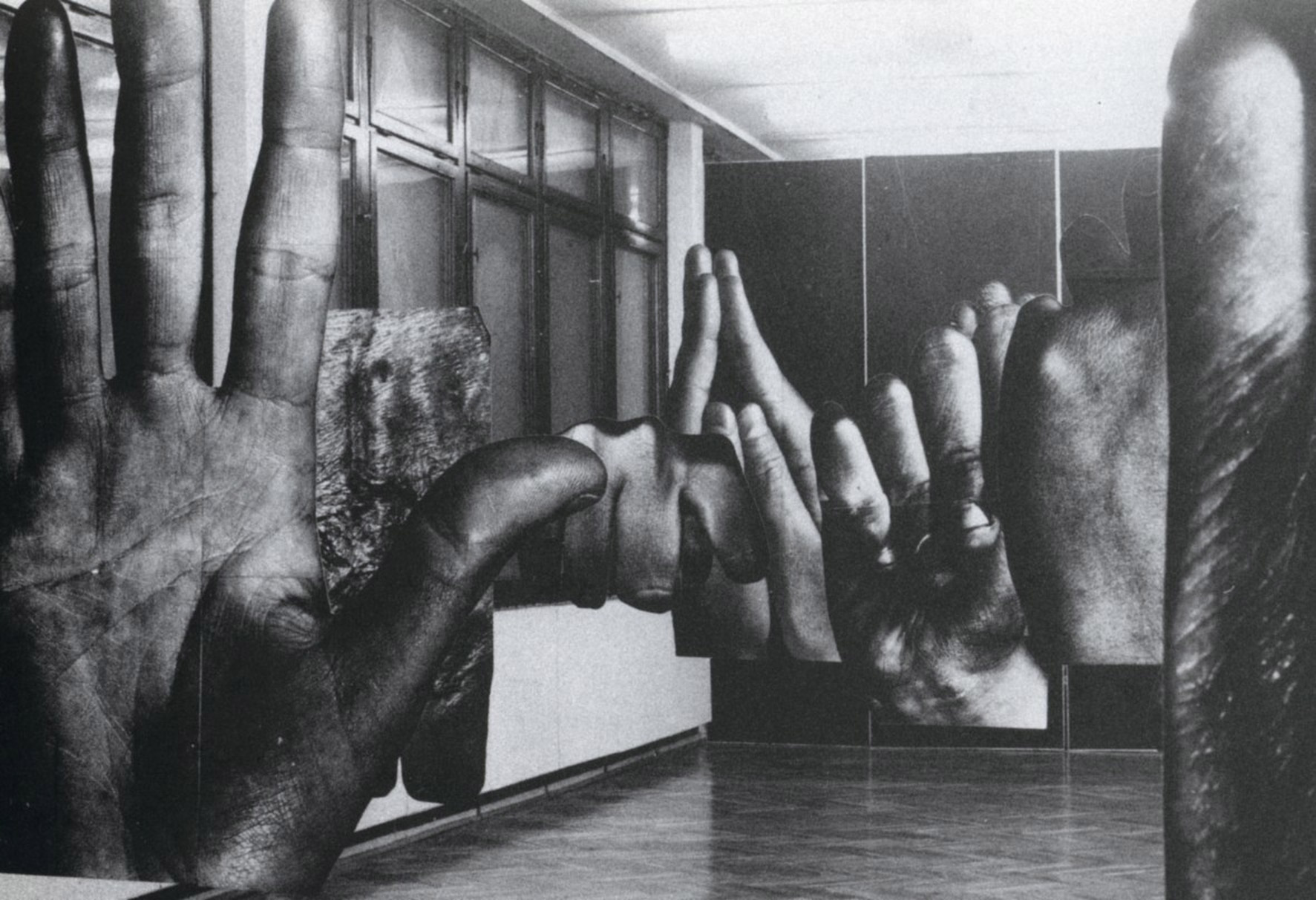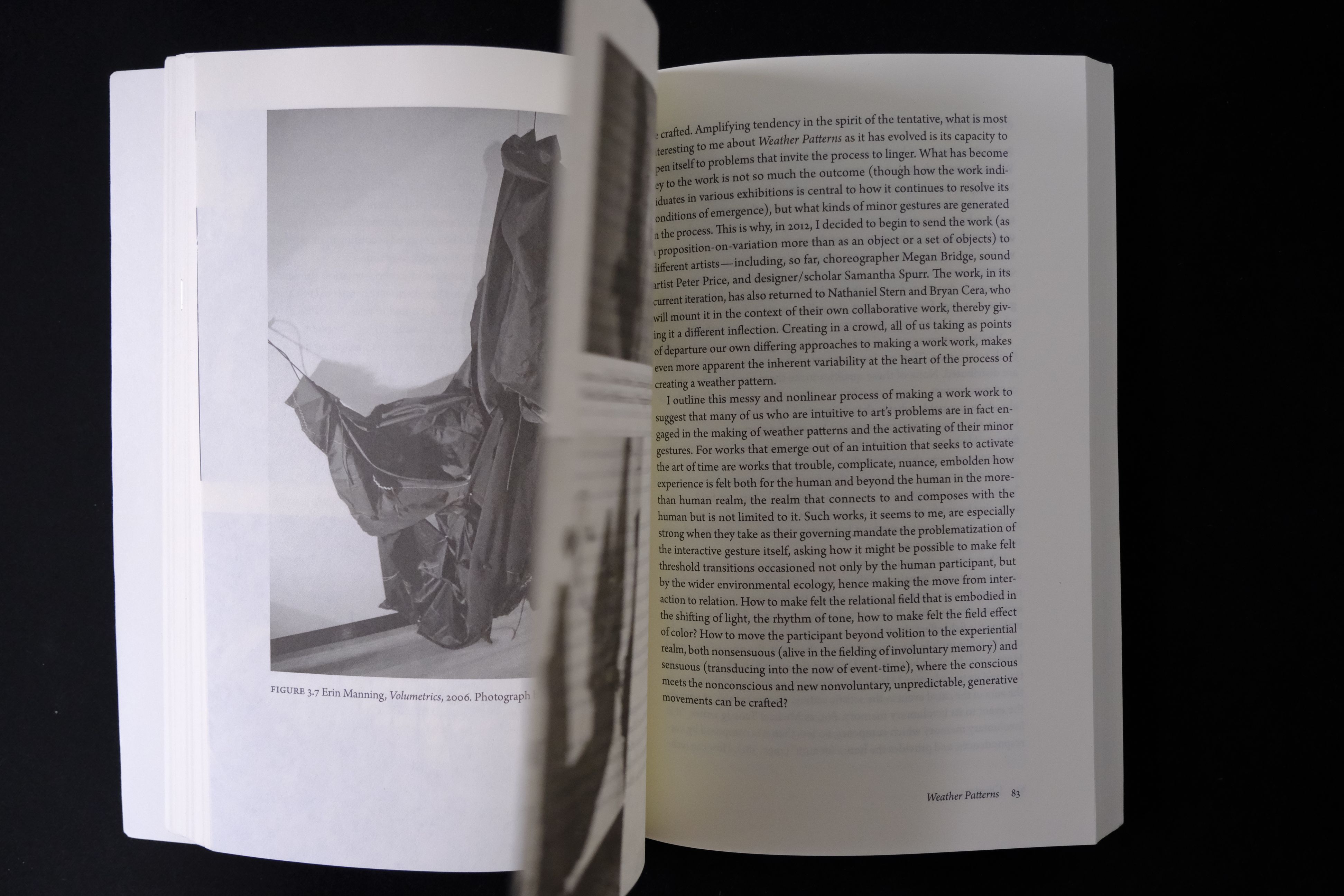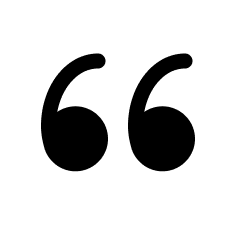Gesture

Stefan Wojnecki, HiperphotographyHiperfotografia, Galeria BWA, Poznań 1978
In 1991, Vilém Flusser called for a "general theory of gesture." This group starts from the experimental premise that gesture is the primary medium of learning and goes from there. Addressing streaming video chat’s emphasis on the frontal of faces and voice, this group first formed as an experiment in form. After much wrangling, we were able to point our webcams down at our hands and books, to the gestures of reading together.
We proceeded to read several excerpts on gesture in this manner:
Giorgio Agamben, Means Without End, “Notes on Gestures”
Vilém Flusser, Gestures, conclusion
Manning, The Minor Gesture, intro and chapter one
This Spring '26, we will continue an experimental approach to "the gesture of writing." There are no readings; instead, we will collectively write on different aspects of the gesture of writing itself. We will also be working toward facilitating a workshop and contributing to a publication on "The future of writing in the age of AI." All are welcome to join in!

Who: Open to the public
When: Fridays, 5:30-6:30pm EST
Where: Zoom
Previous Readings:
Leroi-Gourhan, A. 1993. Gesture and speech. MIT Press.
Châtelet, G. (2010). Figuring Space: Philosophy, Mathematics and Physics. Springer Netherlands.
Potential Readings:
Maddalena, G. 2015. The Philosophy of Gesture: Completing Pragmatists’ Incomplete Revolution. McGill-Queen’s Press.

It is clear why classical rationalism doesn't much like to rub against the 'mystery' of these practices and these ways of seeing: the latter are applied on precisely the sensitive, but blind, points of the Understanding, at the hinge-horizons where inchoate systems begin to unfold, in all those places where orientation can't be had for free and where the true is not synonymous with the verifiable. . . Gestures and problems mark an epoch and unknown to geometers and philosophers guide the eye and hand.”
Gilles Châtelet
Figuring Space: Philosophy, Mathematics and Physics
© 2024 Open Practice. All rights reserved.
